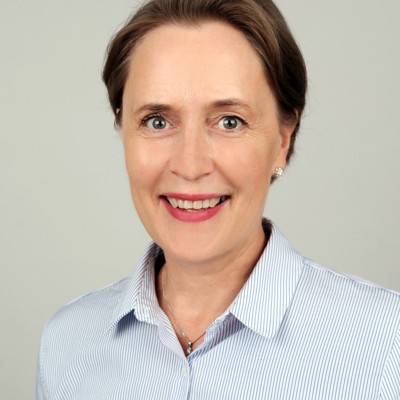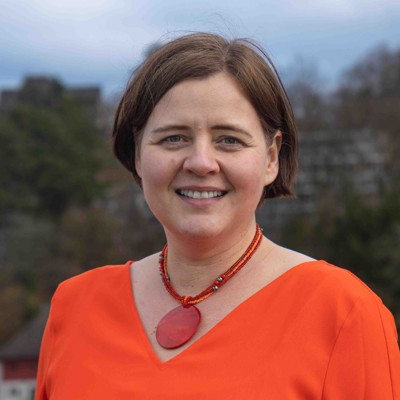6. June 2024, 10:20 – 10:50 Uhr
Educational Horizons: Uniting MOOCs and Open Educational Resources
The synergy between Massive Open Online Courses (MOOCs) and Open Educational Resources (OER) has become increasingly important, not only expanding the accessibility of educational content but also transcending geographical boundaries, transforming local educational practices into a global educational phenomenon. At the heart of this transformation is the concept of OER, which encompasses freely accessible materials under open licenses such as Creative Commons.
This input examines the opportunities and obstacles associated with incorporating OER into MOOC production and provides recommendations for supporting MOOC teams in publishing OER to open platforms. Seven global MOOC productions and three national online courses at ZHAW across different departments (Financed/supported by the ZHAW Digital Campus project) show a practical exploration of fostering awareness and combining OER and licensing, especially in MOOC production.
At the core lies a critical question: How can optimal support be extended to MOOC teams to publish their materials under OER and open licenses seamlessly? This input discusses the opportunities and challenges of three distinctive approaches: 1) promoting accessibility, inclusiveness and enhancing global cooperation by fostering equitable access to educational resources. 2) Finding, evaluating, and curating OER is challenging and time-consuming. 3) Licensing complexity and copyright infringement raise fear of legal problems.
The input draws then on the findings of the study conclusions of a transformative endeavour that challenges us to rethink traditional educational paradigms. Integrating OER and open licensing in MOOC production presents opportunities and challenges, urging a reevaluation of conventional educational methods and a fundamental shift in our approaches.
Literatur: Contact Nord. (2012). How really relevant and practical are open educational resources? A case for a little humility about the potential. Retrieved January 18, 2020, from https://teachonline.ca/trendsdirections/beyond-open-educational-resources/how-open-and-free-content-transform-post Kreutzer, T. (2016). Open Content: Ein Praxisleitfaden zur Nutzung von Creative-Commons-Lizenzen (2. Auflage). Deutsche UNESCO-Kommission e.V., Hochschulbibliothekszentrum des Landes Nordrhein-Westfalen (hbz), Wikimedia Deutschland Gesellschaft zur Förderung Freien Wissens e. V. Retrieved from https://upload.wikimedia.org/wikipedia/commons/c/cd/Open_Content_-_Ein_Praxisleitfaden_zur_Nutzung_von_Creative-Commons-Lizenzen.pdf Stracke, C. M., Downes, S., Conole, G., & Burgos, D. (2019). Are MOOCs Open Educational Resources? A literature review on history, definitions and typologies of OER and MOOCs. Praxis, 11(4), 331. DOI:10.5944/openpraxis.11.4.1010 UNESCO. (2012). OER Declaration. World Open Educational Resources Congress, Paris, 2012. Retrieved from https://unesdoc.unesco.org/ark:/48223/pf0000246687 UNESCO. (n.d.). Open Educational Resources. Retrieved from https://www.unesco.org/en/open-educational-resources Wiley, D. (2021). Defining the "Open" in Open Content and Open Educational Resources. In Y. Arts, H. Call, M. Cavan, T. P. Holmes, J. Rogers, S. H. Tuiloma, L. West, & R. Kimmons (Eds.), An Introduction to Open Education. EdTech Books. Retrieved from https://edtechbooks.org/open_education/defining_the_open Yan, L., & Powell, S. (2013). MOOCs and Open Education: Implications for Higher Education. Retrieved from https://www.researchgate.net/publication/265297666_MOOCs_and_Open_Education_Implications_for_Higher_Education
Speaker:innen
 Minna Koponen
Minna Koponen
Educational Designer, edX Production Process, Center for Innovative Teaching and Learning, ZHAW Yvonne Klein
Yvonne Klein
Zurich University of Applied Sciences Nicole Krüger
Nicole Krüger
ZHAW - Zürcher Hochschule für Angewandte Wissenschaften
Track
Shapes of Tomorrow
Raum
Digital 1
Sprache
EN
Format
Input


